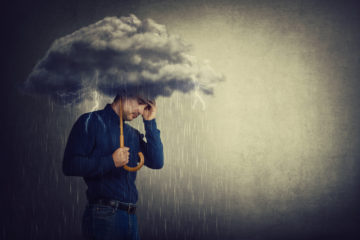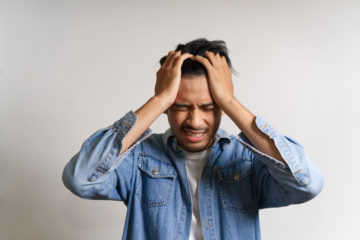
Over-dreaming
Research shows that depressed people dream much more than non-depressed people, distorting the balance between recuperative slow-wave sleep and energy-burning dream sleep. Clearly, because they spend so much time worrying and imagining, they …
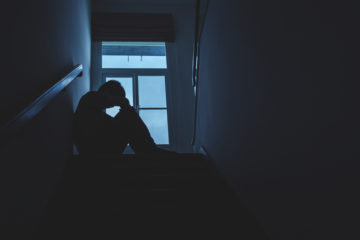
Depression
Contrary to common belief, depression is not primarily a biological illness, inherited through the genes. Nor is it the setbacks, crises or tragedies in our lives that cause depression. It is our response to adverse events that determines whether …
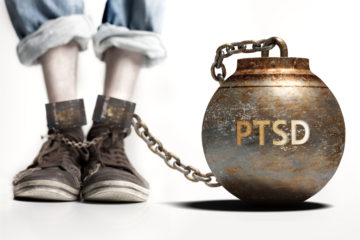
Phobias, Panic Attacks and Post-Traumatic Stress Disorder (PTSD)
The brain has an emotional alarm system designed to keep us safe. When people suffer from panic attacks, phobias or post-traumatic stress, it is because the system has gone into overdrive. What happens is this. There is a small structure in …
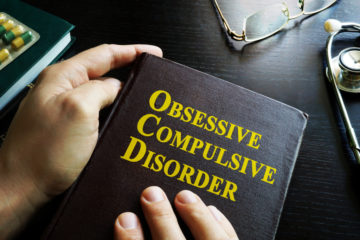
Obsessive-Compulsive Disorder (OCD)
OCD is a highly upsetting condition in which a sufferer experiences powerful, intrusive and distressing thoughts or images, usually connected with an imagined disastrous event (perhaps that one’s son will die in a car crash), and devises one …


